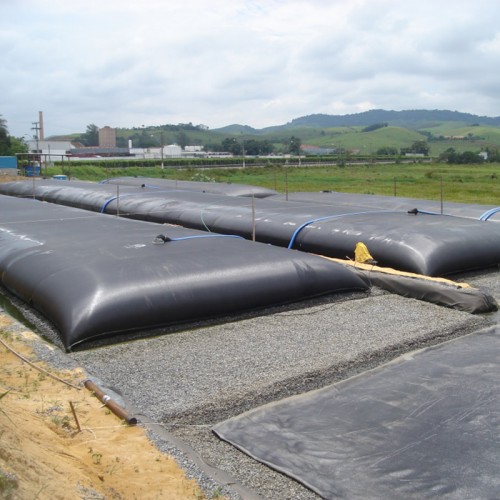


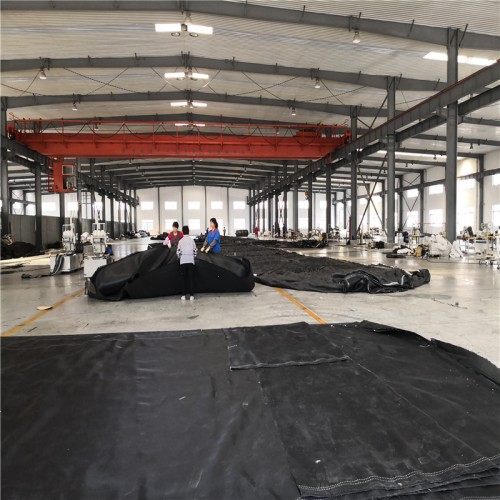
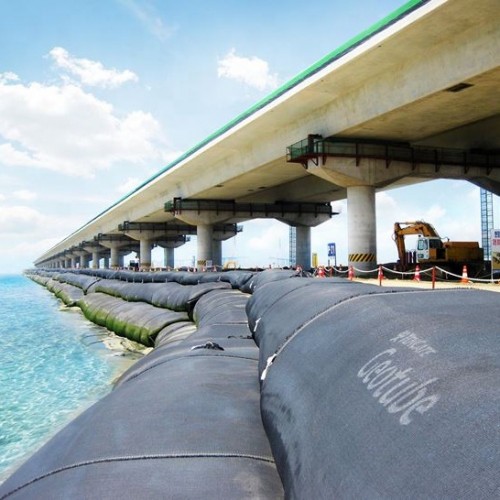
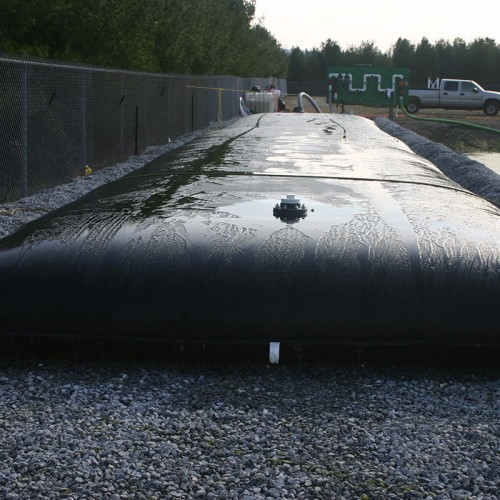
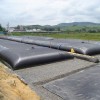
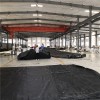

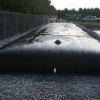
1. High strength, low deformation
2. Durability: steady property, not easy to resolved, air slaked and can keep the original property long term
3. Anti-erosion: anti-acid, anti-alkali, resists insects and mould
4. Permeability: could control the sieve size to retain certain permeability
5. Effective high volume containment
6. Efficient dewatering and volume reduction
7. Cost effective
8. No special equipment required
Geotextile tubes are made by PP woven fabric in a variety of sizes and lengths. They are in extra wide sizes with greater load distribution to resist punching and protect the embankment and foundation. Geotextile tubes are not only used to form shoreline structure including form temporary breakwaters, headlands, revetment on sand beach, also used in environment protection, like fill in the pollution silt, they let the water come out and retain the solid articles.
The list of materials that can been dewatered by geotextile tubes includes:
Municipal water treatment and wastewater sludge
Contaminated dredged material
Marine dredgings
Agricultural animal waste
Fine-grained, inorganic industrial sludge
Construction dewatering
Shale fracking waste water
| Technical Data Sheet | |||||
| Item | Unit | Testing Standard | Technical Parameters | ||
| GT70X95B | GT70X95 | ||||
| Breaking strength | MD | KN/m | ISO 10319-2015 | 85 | 85 |
| CD | KN/m | ISO 10319-2015 | 105 | 115 | |
| Elongation of break | MD | % | ISO 10319-2015 | 13 | 13 |
| CD | % | ISO 10319-2015 | 8 | 8 | |
| Sewing Tensile Strength | KN/m | ISO 10321-2008 | 70 | 90 | |
| Static Bursting Strength(CBR) | KN | GB/T 14800-2010 | 8 | 9 | |
| Equivalent hole size(O90) | mm | GB/T 14799-2005 | 0.5 | 0.45 | |
| Permeability(Q50) | L/m2/s | GB/T 15789-2005 | 50 | 35 | |
| UV-resistance (500 Hours strength retention) | % | ASTMD4355-2014 | 90 | 90 | |